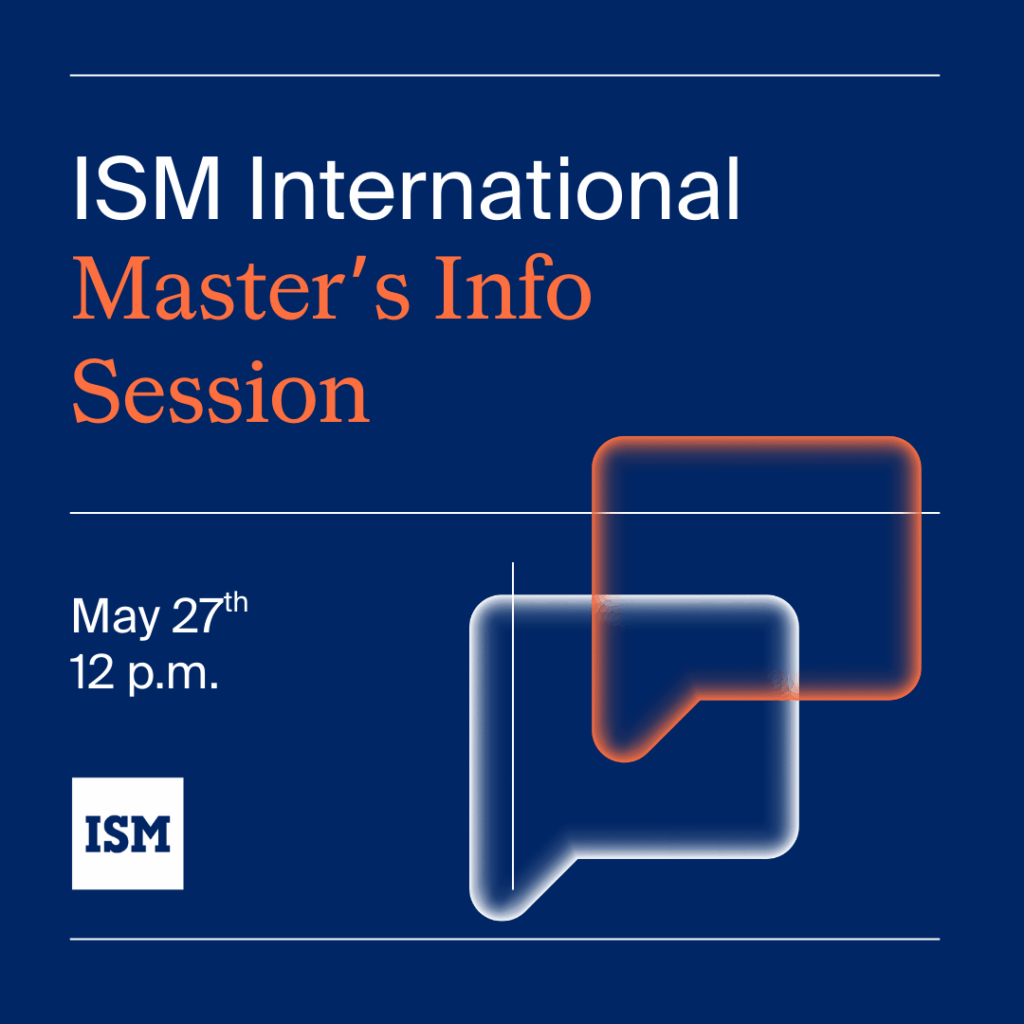People around you sneezing more and more often and a reminder on the clinic’s door to beware of catching a cold or COVID-19 are hints at the approaching season of illness. Researchers from Lithuania and the Netherlands have recently discovered that when they feel an impending illness, some people tend to look more often for products, services or entertainment that were more popular in the past. Such products may create a psychological sense of security and help to cope with thoughts of imminent illness.
Consumer behaviour researchers Ph.D Dovilė Barauskaitė (ISM University of Management and Economics), Dr. Justina Gineikienė (Vilnius University) and Dr. Bob M. Fennis (University of Groningen) aimed to find out what products or services people choose when they are not yet sick but feel that they might get sick soon. The researchers focused on infectious diseases such as influenza or COVID-19, and obtained their findings by analyzing archival data in the United States and conducting experimental studies in Lithuania and the Netherlands.
Their study has shownthat when a threat of disease is present, consumers feel nostalgic, and they are more likely to turn to products or services that were popular in the past and are still available today. Such products may also be called nostalgic. For example, for Lithuanians it could be Gaidelis biscuits, Karvutė sweets, hematogen or Love is… chewing gum and other products. For US residents those would be Oreo cookies, Kellogg’s breakfast cereal, McDonald’s fast food eateries, Old Navy clothing, Star Wars movies and other products and entertainment.
“To be clear, it is not the specific brand names that are important in this study, because each person may choose them differently. What is important is that we have found that products popular in the past and still available today may create a sense of security, comfort, pleasure and reassurance in consumers. This is exactly the kind of feeling you want when unpleasant thoughts about impending diseases come to mind”, notes one of the authors of the study, D. Barauskaitė, PhD student and researcher at ISM University.

According to the scientist, the feeling of disgust caused by the threat of the disease is important. It is likely that it is it who encourages people to look for products that evoke pleasant emotions of the past.
The study also found that while there is a greater willingness to seek out popular products from the past when there is a sense of impending disease, at the same time, people’s sense of self-protection may be slightly reduced, with less thought given to essential protective measures such as hand washing or sanitizing, which are necessary to prevent illness.
“This effect is also related to how strong a feeling of disgust the impending disease causes in a person. While for some of us people around us sneezing or coughing or other potential pathogens such as mold or pests do not cause powerful negative emotions, for others it can cause anxiety or a very strong feeling of disgust. It is in the first group of people that the effect is observed, when nostalgia compensates the protection mechanism”, emphasizes D. Barauskaitė.
So, if you subconsciously sense an impending cold, notice if you see more of your beloved childhood treats in your shopping cart. However, if nostalgic products can indeed provide a psychological feeling of security and comfort, only ventilated rooms, more frequent hand washing, exercise and other measures recommended by health experts will protect you against actual diseases.



